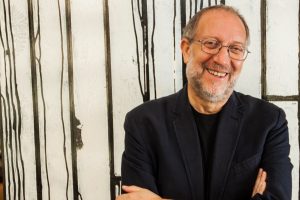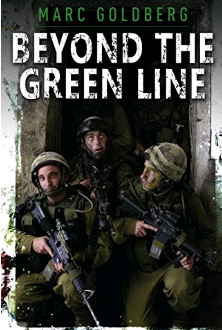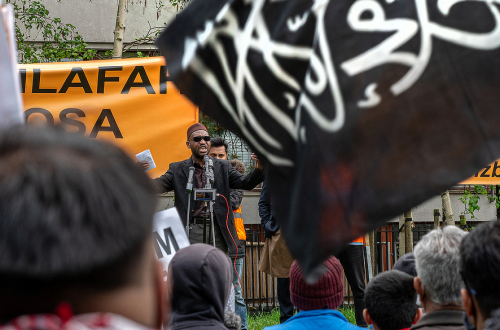
Yossi Klein Halevi is senior fellow at the Shalom Hartman Institute in Jerusalem and the author of the recent New York Times bestseller, ‘Letters to my Palestinian Neighbour’. In conversation with Fathom deputy editor Calev Ben-Dor, he sets out the main themes of his book: the need for both sides need to stop the war on the legitimacy of each other’s narrative, and the need for a radically new kind of Israeli-Palestinian conversation about the conflict based on respect and deep mutual recognition.
TELLING OUR STORY
My book originated in the 1990s when I undertook a year-long journey into Palestinian society, specifically into its religious life, going to mosques and monasteries looking for shared devotional language with my neighbours. I was exposed to the Palestinian narrative and to Palestinian stories which deeply moved me and helped shape my thinking about the conflict. And in this book I’m asking my neighbours to hear my story – not through a tit-for-tat argument, but because minimal respect of the right of each side to tell its story is, I believe, a prerequisite for peace. This isn’t primarily a conflict over tangible issues like borders and settlements – those are the consequences of a deeper conflict over narratives. We’ve been fighting a hundred-year war of clashing narratives.
I felt the time had come for someone on the Israeli side to try to explain our story to our neighbours, to tell a story about who we are. So I told my own story – an American-born Jew who moved to Israel as part of a people returning home to a land that has been at the centre of its identity for 4000 years.
The book also came out of the realisation that the other side doesn’t know our story. The Palestinian media and school system overwhelmingly convey the message that Israelis and the Jewish people are not only thieves but also liars. They say we’ve invented our story, or that we have no story. That’s the message Palestinians receive on a daily basis. A young man in Hebron, the city with the longest Jewish history of any city anywhere, once told me that there were no Jews in the city until after 1967. But he was simply repeating what he’d been told his whole life. READ MORE.



